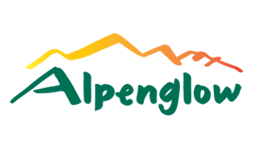DOI
10.22191/buuj/6/1/2
Faculty Sponsor
Professor Kevin Hatch
Abstract
This paper examines Zoe Leonard’s Analogue and its implications in our contemporary society, tracing a globalized economic system and its perpetuation of inequalities to the present COVID- 19 crisis. I argue that through temporal shifts, her photographs of closed storefront, empty streets, and an interconnected world commerce, Leonard not only depicted a moment at the turn of the twenty-first century, but also created a work that is prescient, one that speaks to our current moment. By exposing the economic system and inequalities that ordinarily remain hidden in our world, Leonard marks a historical juncture of change (that is, the closing of small businesses in NYC) while simultaneously offering us a cautionary tale about the waste and destruction of our now fully interconnected global economic system. In relating Analogue to the current coronavirus pandemic, I explore how these photographs resonate in a present world in which every public space is now as eerie and deserted as the lower east side of Manhattan in the late 1990s, businesses are struggling to survive, and inequalities have been exacerbated. I argue that, despite the historical specificity of what it records, Leonard’s Analogue is prescient because of its ability to inform moments such as the current pandemic. The work subtly suggests that the issues of our contemporary moment are nothing new—in fact, they are driven by the same irrational capitalist system and inequalities that haunted Leonard’s photographs at the turn of the last century.
Recommended Citation
Goldberg, J. N. (2020). Picturing a Pandemic: Zoe Leonard’s Analogue. Binghamton University Undergraduate Journal, 6(1). https://doi.org/10.22191/buuj/6/1/2

